Mozambique: National Financial Inclusion Strategy 2025-2031 rolled out
Mozambique: Structural economic reforms needed to accelerate growth – UN
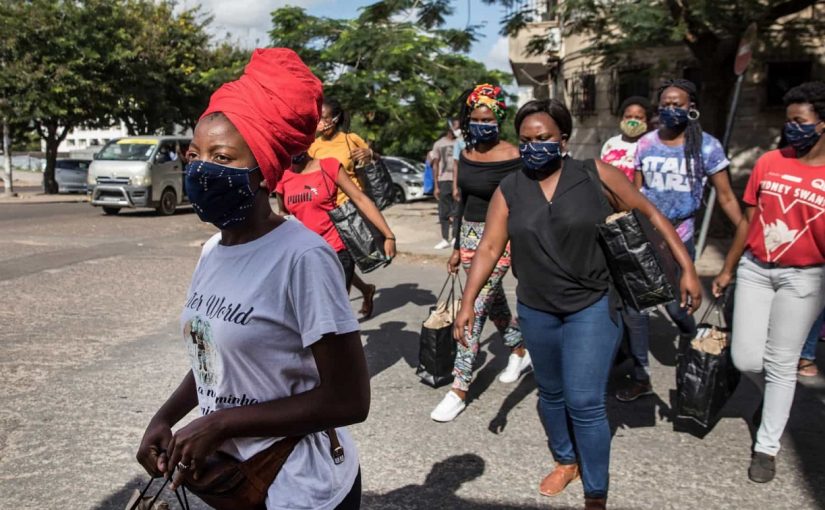
File photo: Lusa
Mozambique needs structural reforms to accelerate the 3.8% growth forecast for this year, , despite its continued priority being to fight the pandemic, the United Nations economist who follows Portuguese-language economies in Africa has told Lusa.
“The economy is growing in a fragile way and excessively concentrated in the extractive sector and despite the priority being to manage the effects of the pandemic and resolve insecurity in Cabo Delgado, in the medium term structural reforms are needed in infrastructure to improve growth and sustain economic recovery,” said Helena Afonso, of the United Nations Department for Economic and Social Affairs (UNDESA).
Speaking to Lusa following the release of this year’s report on the World Economic Situation and Prospects 2022 on Thursday, Afonso said that “the constraints of the pandemic and the situation in Cabo Delgado continue to limit economic growth, but it has been mitigated by exports of raw materials.”
Mozambique’s economy is estimated to have grown by 2.1% in 2021 and UNDESA forecasts an acceleration to 3.8% this year, as a result of increased natural gas production, coal and aluminium exports and infrastructure projects in mining and energy.
However, the report adds, the country faces “relatively strong inflationary pressures” due to the price of imported raw materials, such as fuel, and disruptions in supply chains. On the positive side, it adds, there could be a development of gas and some recovery in private consumption, if coronavirus restrictions are loosened, with vaccination moving forward.
On the issue of public debt and the impacts of the state’s ‘hidden debts’ – loans contracted by public enterprises without the knowledge of parliament or creditors, and which pushed the country into default – Afonso believes that “the country is still feeling the effects of the debt problems of 2016, which have limited public investment” but points out that “international donors have returned to their involvement with Mozambique given the needs of the pandemic and the conflict in the north.”
Public debt stands at 120% of GDP, far above the average for sub-Saharan Africa, and is considered unsustainable by the standards of international economic institutions, a situation that is exacerbated by the end of the G20 Debt Service Suspension Initiative (DSSI), from which Mozambique benefited.
“Mozambique had some public debt relief through the DSSI, but the initiative ended in December and therefore debt service costs will increase,” the economist warns, adding that “the country faces risks of insecurity in the north, which is very rich in raw materials, and in this sense investment will increase if peace is consolidated” allowing the government’s “big plans” for the region to go ahead.
In addition to insecurity, climate change is another major risks identified by UNDESA in Mozambique: “Another important risk is tropical storms, which have intensified and become more destructive due to climate change,” noted Afonso.
UNDESA on Thursday upgraded its growth estimate for African economies, estimating an expansion of 3.8% last year and an acceleration to 4% this year.
UNDESA on Thursday upgraded its growth estimate for African economies, forecasting a 3.8% expansion last year (previous forecast 3.4%) and an acceleration to 4% this year. It notes that activity continues to recover from the unprecedented events of 2020, but at a “fragile” pace, with the growth forecast marked by “high uncertainty” and exposure to repeated waves of Covid-19 infection, as with the Omicron variant.
In the World Economic Outlook and Situation to 2022 report, UNDESA points out that pandemic mitigation measures, such as lockdowns and travel bans were the main tools used by governments, but had a major impact on economic activity.
The continent of Africa had one of the slowest recoveries in 2021, lagging behind the average growth of developing economies and the world, respectively 6.4% and 5.5%, notes the UNDESA report, which warns that to return to the pre-pandemic growth trajectory, Africa would need to grow by approximately 6% this year and next year, that is, faster than Asia.
- Read/ download UNDESA’s World Economic Situation and Prospects 2022 report HERE
Is the global recovery losing steam?💸
Our latest #WorldEconomyReport predicts a meagre 4.0% global economic growth in 2022 and 3.5% in 2023. See why this is a reason for concern, especially for the poorest. 🧵https://t.co/pLTWd6MOm8— UN DESA (@UNDESA) January 13, 2022


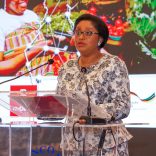
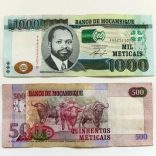

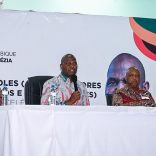
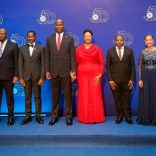
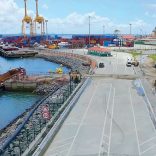





Leave a Reply
Be the First to Comment!
You must be logged in to post a comment.
You must be logged in to post a comment.